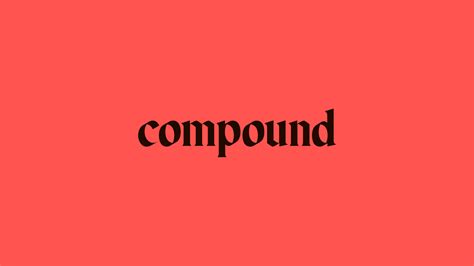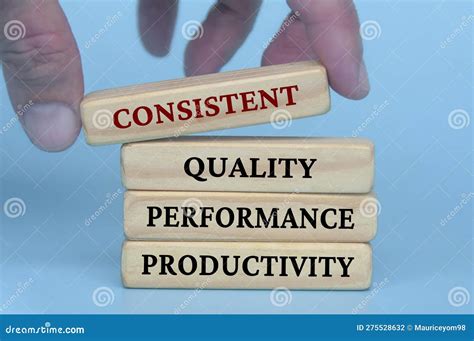Efficiently build lean muscle & cut fat for a high-performance physique?

The quest for a high-performance physique—one that is both aesthetically pleasing with lean muscle definition and functionally powerful—often seems like a paradox. Traditional wisdom suggests bulking to build muscle and then cutting to shed fat, but what if you could do both, or at least optimize for both simultaneously? This article will delve into the strategic principles required to efficiently build lean muscle while effectively cutting body fat, setting you on the path to an elite physical state.
Understanding Body Recomposition
Body recomposition is the art and science of simultaneously losing fat and gaining muscle. While challenging, especially for experienced lifters, it’s highly achievable for beginners, those returning to fitness, or individuals with higher body fat percentages. The core idea is to create an environment where your body prioritizes using stored fat for energy while still having the building blocks and stimulus to repair and grow muscle tissue.

Strategic Nutrition: Fueling Growth, Burning Fat
Calorie Management: The Slight Deficit
To lose fat, you generally need to be in a caloric deficit. However, a severe deficit can hinder muscle growth and even lead to muscle loss. The sweet spot for body recomposition is often a slight deficit (around 200-500 calories below maintenance) or, for some, maintaining calories but strategically manipulating macronutrients. The goal is to provide just enough energy for essential functions and training, forcing the body to tap into fat reserves, without starving muscle tissue.
Protein Powerhouse
Protein intake is paramount. A high protein diet (typically 1.6-2.2 grams per kilogram of body weight) is crucial for muscle protein synthesis, satiety, and preserving lean mass during a deficit. It also has a higher thermic effect than carbs or fats, meaning your body burns more calories digesting it.
Carbohydrates should be strategically timed around workouts to fuel performance and recovery, while healthy fats are essential for hormone production and overall health. Focus on whole, unprocessed foods that provide ample micronutrients and fiber.

Optimized Training: Stimulating Muscle, Torching Calories
Prioritize Strength Training
Heavy, compound strength training is the primary driver for muscle growth and retention. Focus on progressive overload – continuously increasing the demands on your muscles (more weight, reps, sets, or reduced rest). Aim for 3-5 strength training sessions per week, targeting all major muscle groups. This signals your body that muscle is essential and must be maintained or even built, even in a caloric deficit.
Intelligent Cardio Integration
Cardiovascular exercise plays a vital role in fat loss and improving cardiovascular health. However, too much high-intensity cardio can interfere with recovery and muscle growth. Incorporate a mix of high-intensity interval training (HIIT) for its calorie-burning and EPOC (Excess Post-exercise Oxygen Consumption) benefits, and low-intensity steady-state (LISS) cardio for active recovery and overall endurance without overly taxing your recovery capacity. Limit cardio to 2-4 sessions per week, preferably on separate days from strength training or after strength sessions.

The Pillars of Recovery and Lifestyle
Quality Sleep
Sleep is where your body does most of its repair work and hormone regulation. Aim for 7-9 hours of quality sleep per night. Poor sleep can disrupt hormones like cortisol (stress hormone) and ghrelin/leptin (hunger hormones), making fat loss harder and muscle recovery suboptimal.
Stress Management
Chronic stress elevates cortisol levels, which can promote fat storage (especially around the midsection) and hinder muscle growth. Incorporate stress-reducing activities like meditation, yoga, spending time in nature, or hobbies into your routine.
Hydration
Water is often overlooked but critical for all bodily functions, including metabolism, nutrient transport, and performance. Ensure you’re drinking plenty of water throughout the day.

Consistency and Patience: The Long Game
Building a high-performance physique is not a race; it’s a marathon. Consistency in your nutrition, training, and recovery is far more important than short bursts of extreme effort. Progress might seem slow, but it’s compounding. Track your progress, adjust your strategy as needed, and celebrate small victories along the way.

Conclusion
Achieving a high-performance physique that showcases lean muscle and minimal body fat is an attainable goal through a strategic and disciplined approach. By meticulously managing your nutrition with a slight caloric deficit and high protein intake, prioritizing progressive strength training, intelligently integrating cardio, and dedicating yourself to adequate sleep and stress management, you can transform your body efficiently. Embrace the process, stay consistent, and watch as you sculpt a physique that is not only powerful to look at but also profoundly capable in its performance.









